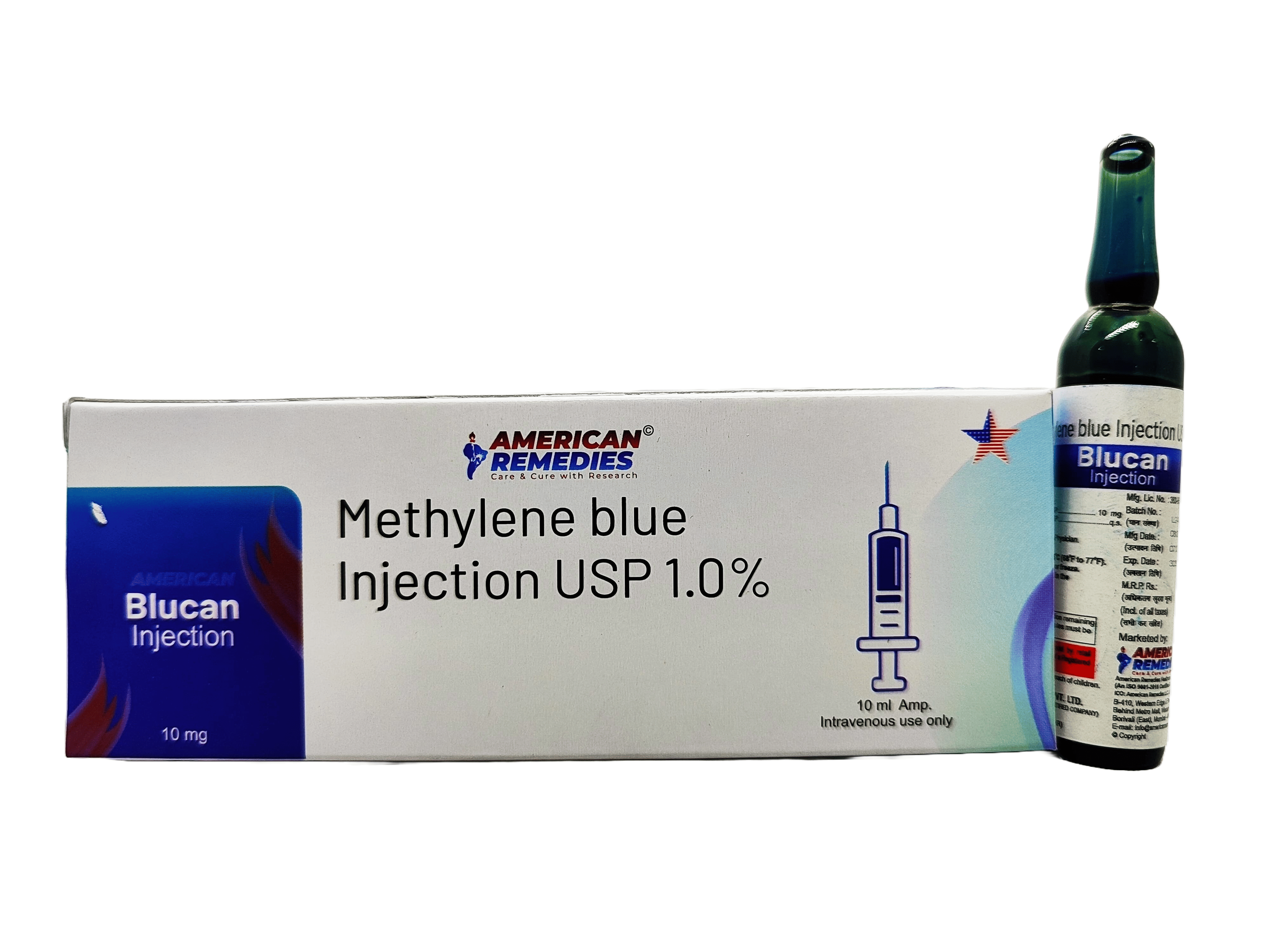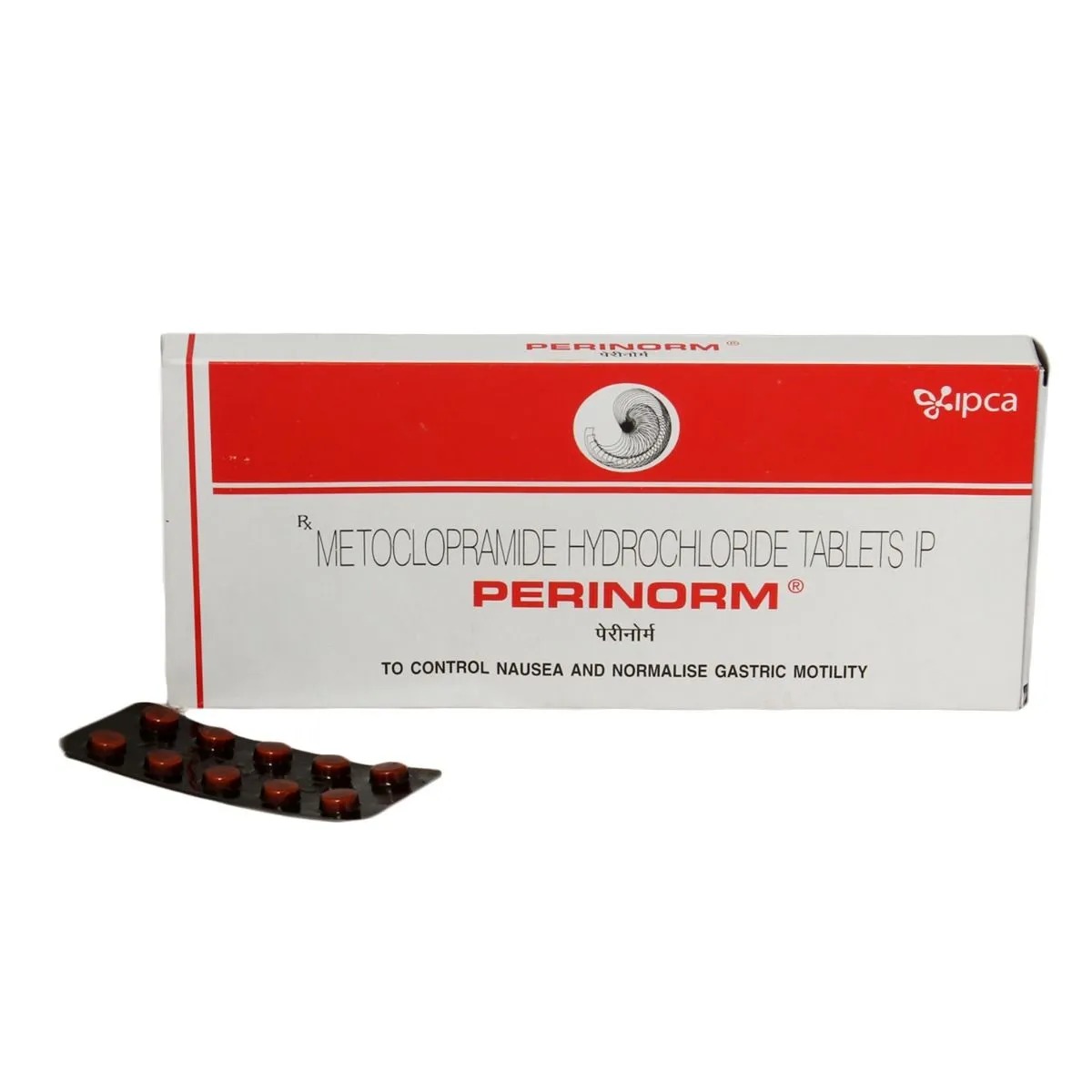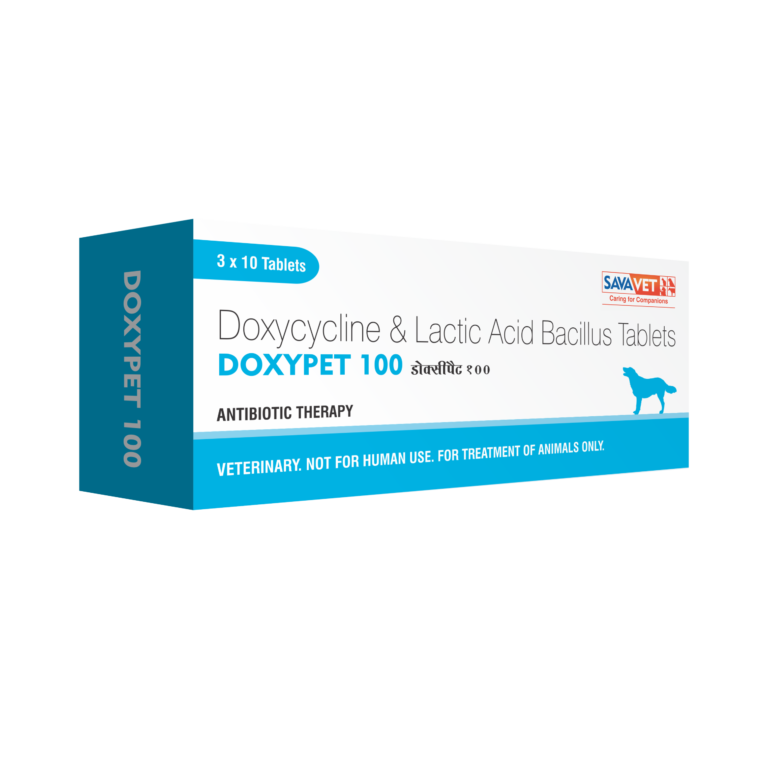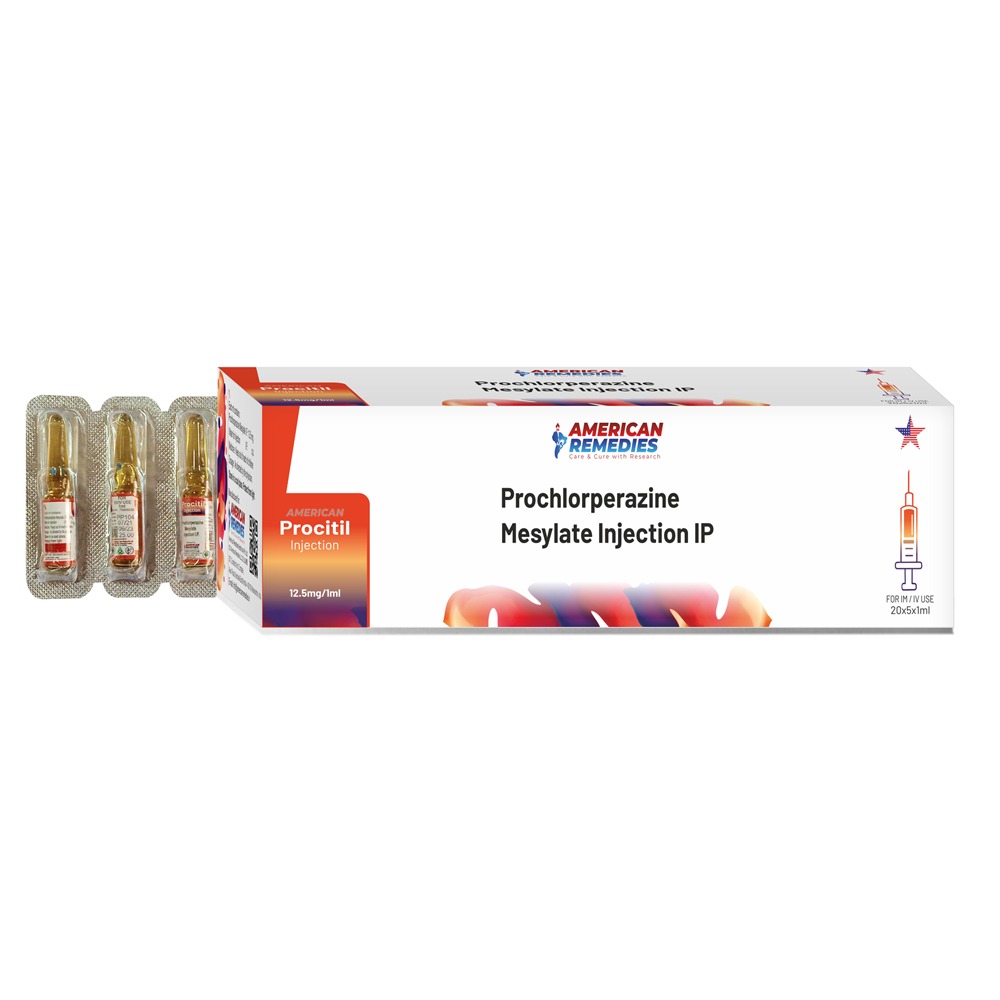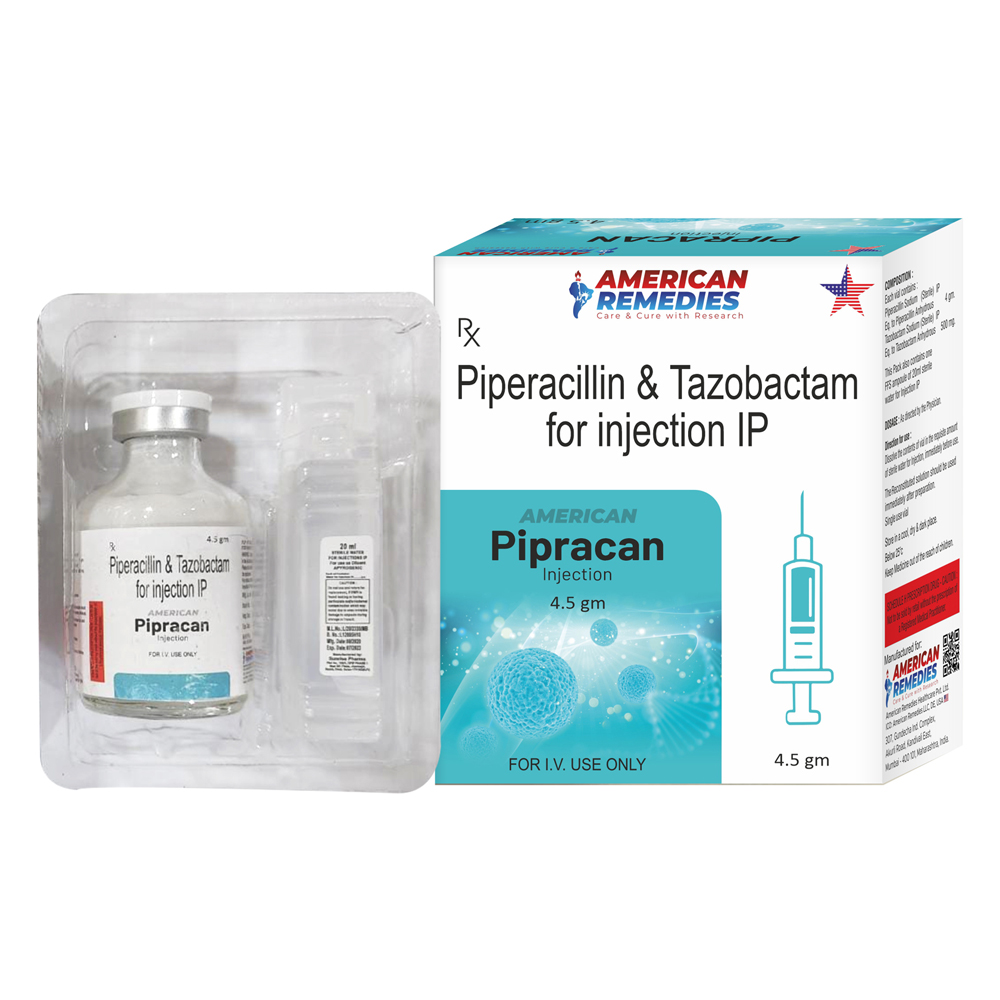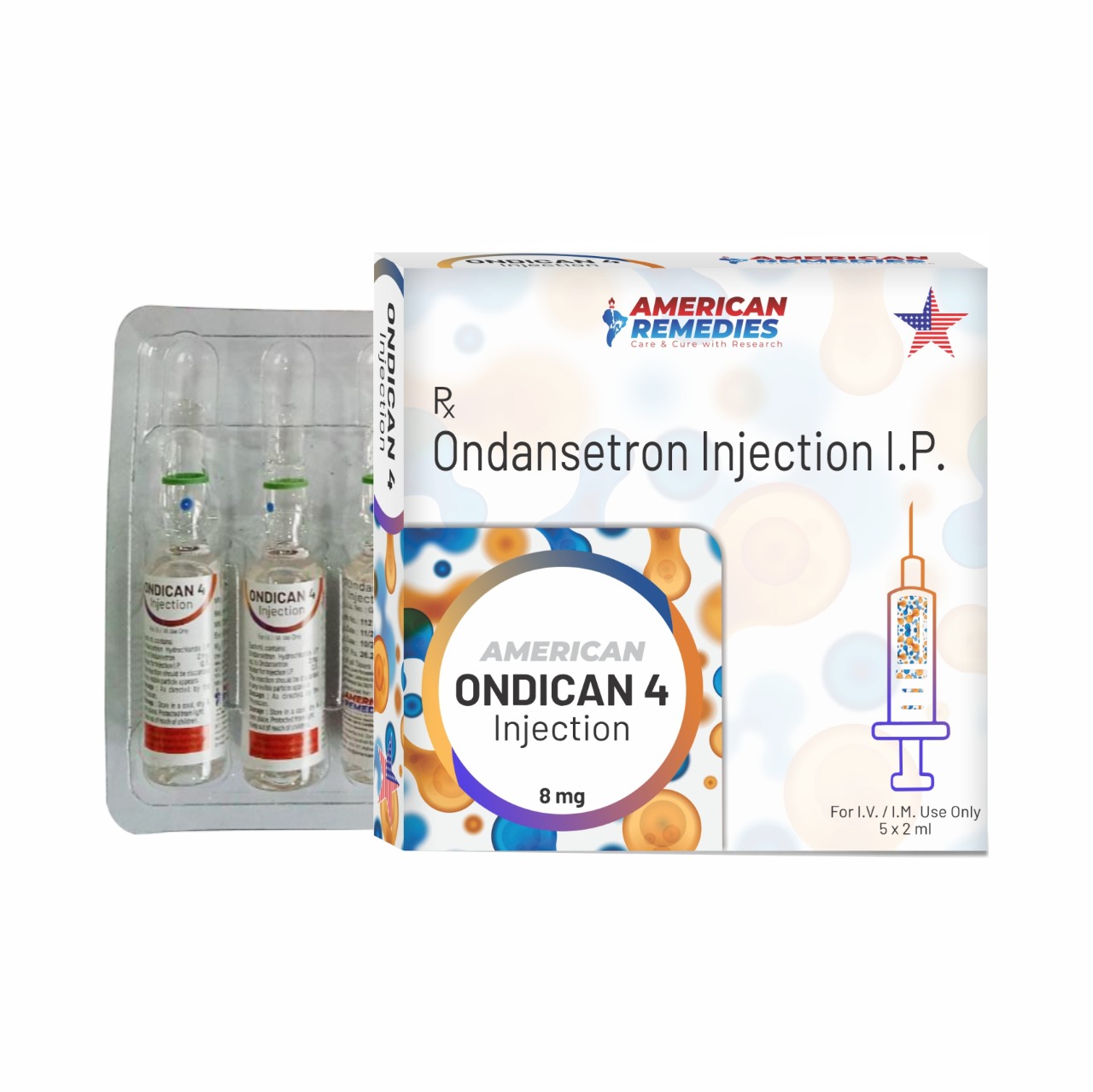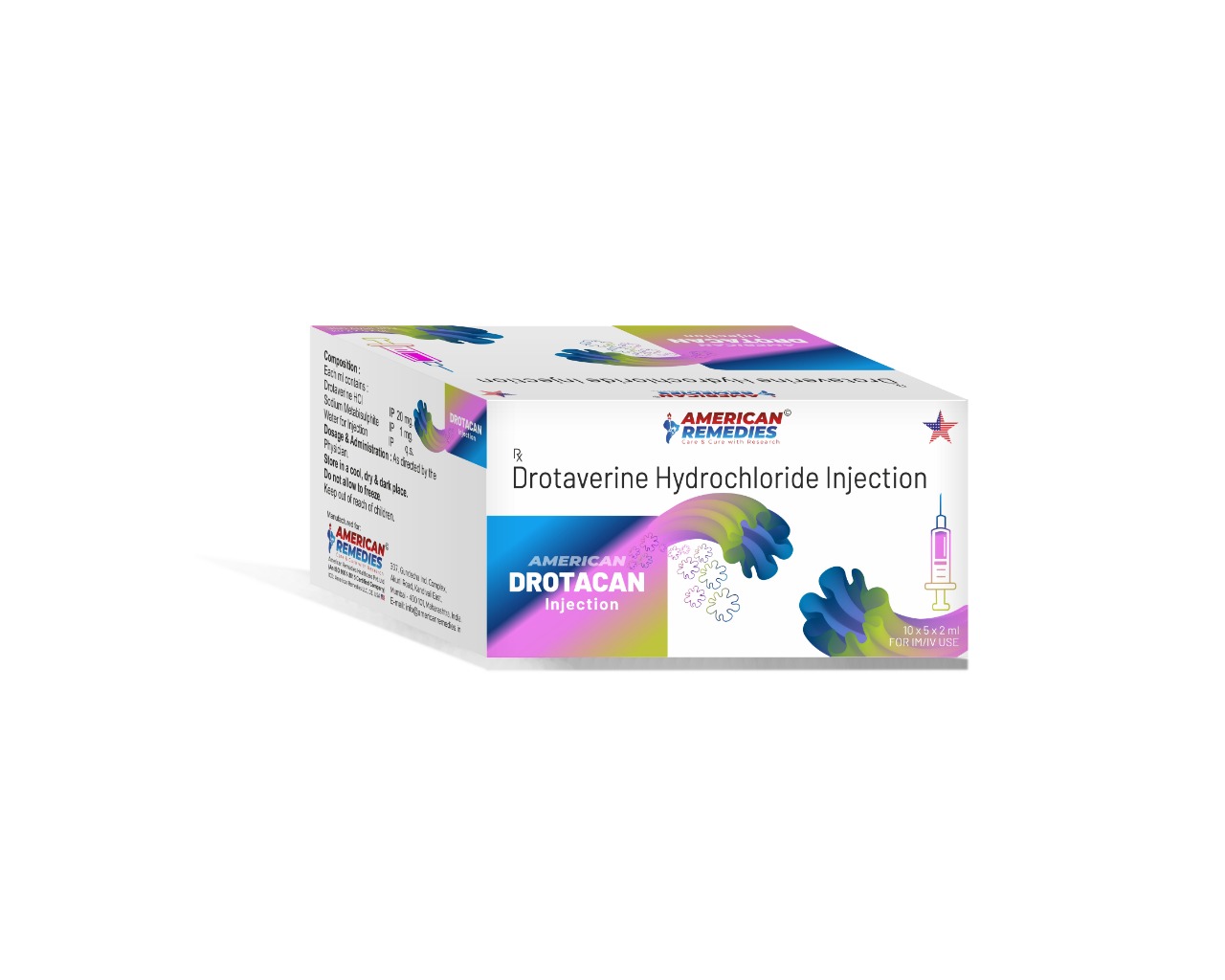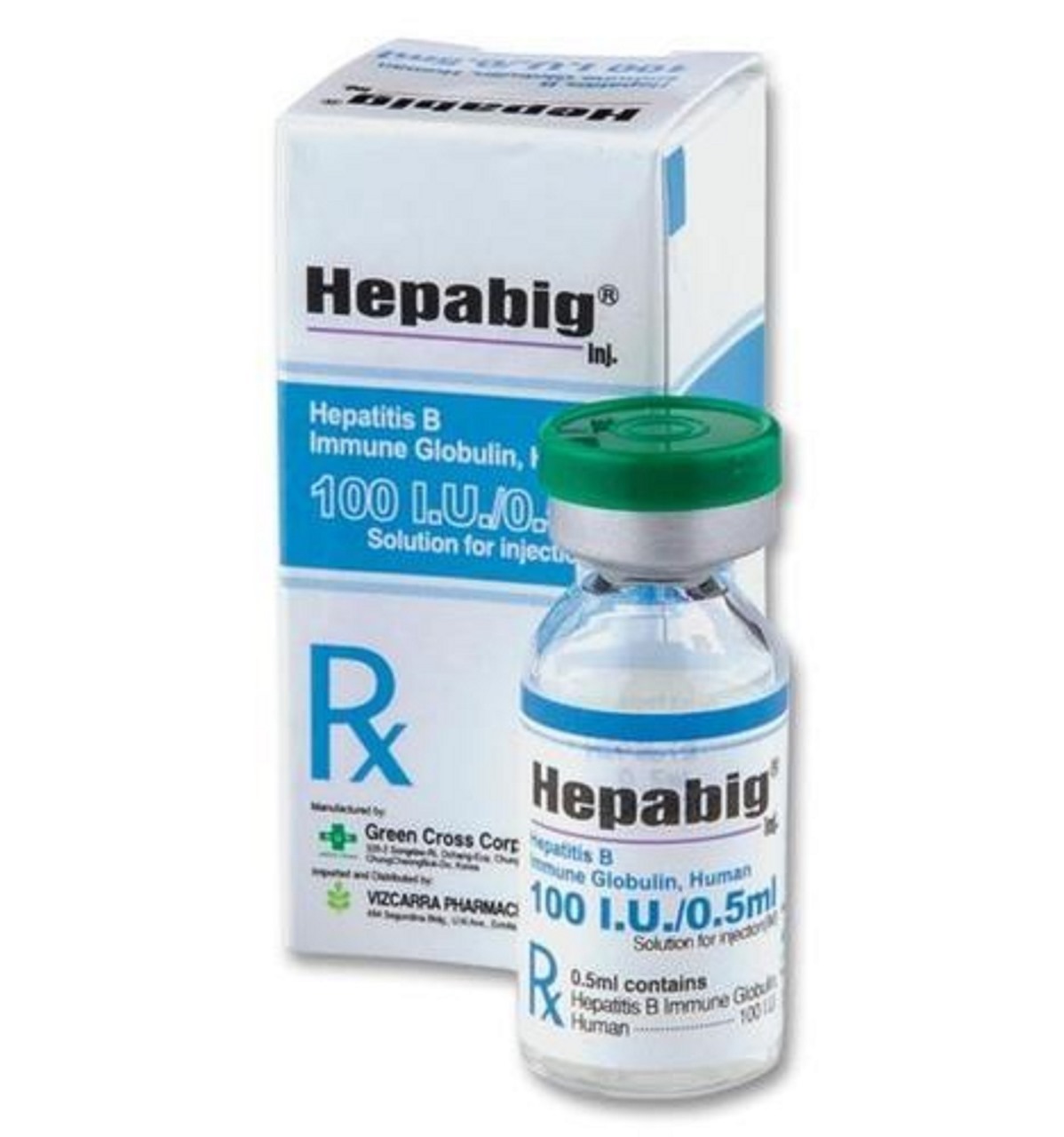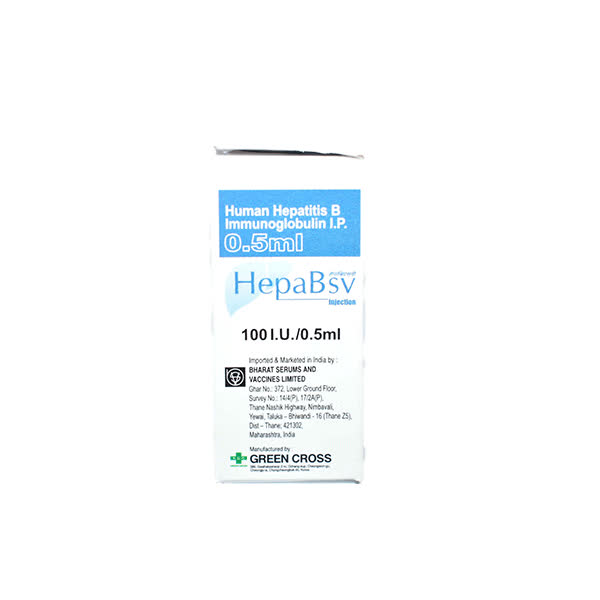Anti Emetic
Perinorm 10 Mg Capsule (Metoclopramide HCl)
What Is The Generic Name For Perinorm?
Metoclopramide HCl is the generic version for Perinorm
Which USA Brand is Equivalent To Perinorm 10 Mg (Metoclopramide HCl)?
Reglan
About Perinorm 10 Mg (Metoclopramide HCl)
Perinorm 10 mg contains Metoclopramide HCl as an active ingredient which is used in the treatment of Nausea, Heartburn, and Vomiting and available at all the leading pharmacy, drugstores, and medical supply stores and given by doctor’s prescription only.
Manufacturer:
IPCA Laboratories (India) is one of the leading pharmaceutical companies which manufacture Perinorm 10 mg.
Strength:
Perinorm 10 mg contains Metoclopramide HCl, 10 mg per capsule which is available in the various strengths and substitutes at all the leading pharmacy, drugstores, and medical supply stores.
What Are The Uses Of The Perinorm 10 Mg (Metoclopramide HCl)?
Perinorm 10 mg is used in the treatment of:
Chemotherapy induced nausea and vomiting
Gastroparesis
Gastroesophageal Reflux Disease
How Perinorm 10 Mg (Metoclopramide HCl) Works?
Perinorm 10 mg containing Metoclopramide HCl indirectly stimulates the release of acetylcholine, a chemical messenger that can increase the motility of the intestine.
Before You Use Perinorm 10 Mg (Metoclopramide HCl):
Make sure that:
You are not allergic to Metoclopramide HCl
You do not take alcohol
Your doctor knows about your Surgeries, Diseases, Pre- existing disease and Medications, Food Habits, Supplements, etc.)
What Should You Avoid While Taking Perinorm 10 Mg (Metoclopramide HCl)?
Avoid taking alcohol or other non prescribed drugs
You should avoid taking Medicines without prescriptions
When Not To Use Perinorm 10 Mg (Metoclopramide HCl)?
You should not take Perinorm 10 mg if you:
Have ever noticed any Allergy/Hypersensitivity
Have Liver/Kidney Dysfunctioning
Are Pregnant/Conceiving/Breastfeeding
Tell Your Doctor If You:
Have Allergy to the Capsule
Are facing repetitive movements of the eyes, tongue, face, arm, or legs
Have any Kidney/Liver Disease
Are taking Alcohol or Other Drugs
Are Pregnant/conceiving/Breastfeeding
Dosage:
Perinorm 10 mg contains Metoclopramide HCl, which is used to prevent Nausea or vomiting and Heartburn that is available in various strengths and substitutes and should be given on prescription only. You should consult your doctor for duration of dosage and frequency as age and severity of disease differs from person to person.
Adults are advised to take Perinorm 10 mg capsule at a fixed time; half an hour before food or as instructed by your Doctor. This tablet is not recommended for use in gastrointestinal disorders like gastrointestinal hemorrhage, mechanical obstruction, or gastrointestinal perforation.
How Much Of The Perinorm 10 Mg (Metoclopramide HCl) to Be Used?
Perinorm 10 mg is available in various strengths and substitutes at all the leading pharmacy, drugstores, and medical supply stores. Patients are always advised to follow their doctor’s prescriptions and instructions to take Perinorm 10 mg.
How To Take The Perinorm 10 Mg (Metoclopramide HCl)?
Perinorm 10 mg dose should be taken at a fixed time, half an hour before the meal or as directed by your doctor. Swallow the capsule as a whole with water without chewing or crushing it.
For How Long Should You Continue Using Perinorm 10 Mg (Metoclopramide HCl)?
You are always advised to take Perinorm 10 mg as prescribed by your doctor. You are not advised to take it in a larger amount or for a longer time than recommended.
Overdose?
Contact your doctor immediately if you suspect any overdose symptoms.
Missed Dose?
You should try to take every dose of Perinorm 10 mg at a fixed time. A missed dose of Perinorm 10 mg should be taken as soon as you remember. Skip the dose if it is the time for the next dose but do not double the dose if you missed once.
What Are The Side Effects Of The Perinorm 10 Mg (Metoclopramide HCl)?
Dizziness
Abdominal Pain
Convulsions
Headache
Skin Rash
Irregular Heartbeat
Diarrhea
Restlessness
Breast Pain and Tenderness
Increased Flow of Breast Milk
What Are The Common Drug Interactions?
Few medicines have been reported to interact with Perinorm 10 mg. It can produce some adverse effects or cause your drug not to work properly. You should always tell your doctor if you are on other Medication or Beverages or Herbal Supplements. It interacts with the following medicines:
Phenytoin
Atropine
Chlorpromazine
It may also interact with Disease conditions like:
Gastrointestinal Disorders
Parkinson’s Disease
Warning And Precaution:
Perinorm 10 mg can worsen the conditions like:
Malignancy
Depression
Liver/ kidney Dysfunction
It may cause Neuroleptic Malignant Syndrome
It should be given cautiously in Pregnant and Breastfeeding women
Always consult your doctor to get best possible treatment or replacements when you are suffering from all these conditions.
Things To Remember:
It may cause Tardive Dyskinesia if used longer than 12 weeks.
Keep ou
Price: 0 |
Payment Type: |
Available: False |
COD Available: False |
KYC Status: FAILED
Send Message
